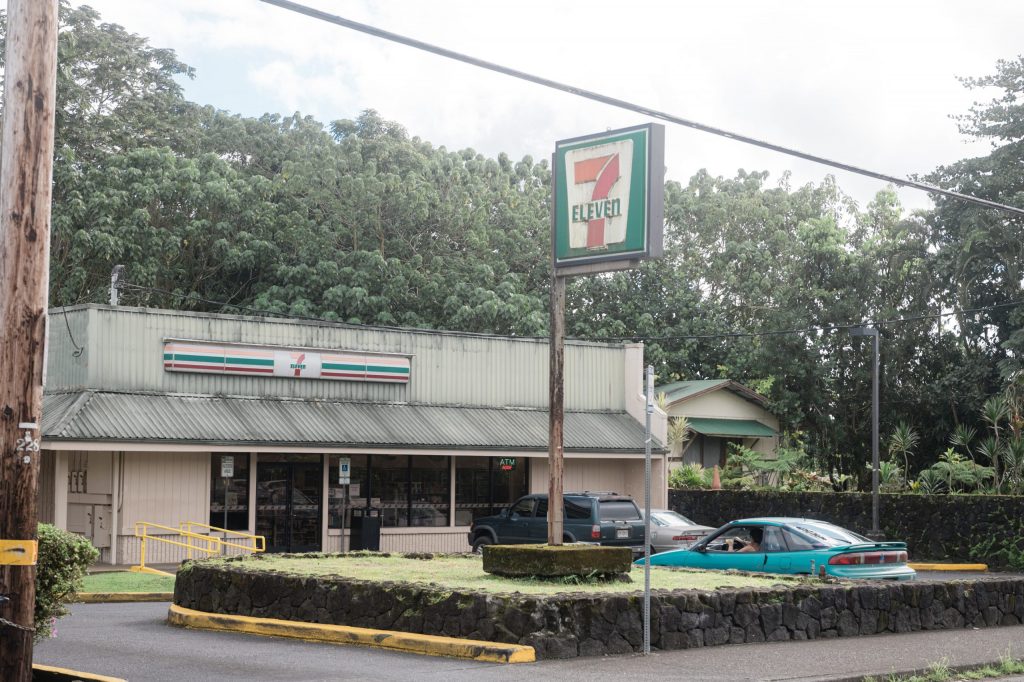EPA reached settlement with 7-Eleven Hawaiʻi over illegal large capacity cesspools
The U.S. Environmental Protection Agency reached a settlement with 7-Eleven Hawai‘i in which the company has agreed to audit all of its properties for the presence of large capacity cesspools after EPA discovered three of the illegal cesspools were serving 7-Eleven Hawai‘i facilities.
Under the settlement, 7-Eleven Hawai‘i will pay a $145,000 penalty, conduct a self-audit of the 58 locations it operates in Hawai‘i, and work with the EPA to close all remaining large capacity cesspools.
“It is crucial that businesses use proper wastewater treatment systems to protect groundwater from disease-causing pollution,” said Martha Guzman, administrator of the EPA Pacific Southwest Region.
The EPA required the closure of all large capacity cesspools by April 5, 2005, under the Safe Drinking Water Act’s Underground Injection Control program. In July 2021, EPA inspected two 7-Eleven Hawai‘i locations in Hilo and Pāhoa on the Big Island, then identified an additional location operating with a large capacity cesspools during a follow-up request for information that was issued in September 2021.
The three cesspools met the large capacity threshold under EPA regulations.
- 1311 Kilaeua Avenue in Hilo
- 15-2875 Government Road in Pāhoa
- 51-484 Kamehameha Highway, Kaaawa on Oʻahu
The company will perform an audit of all its properties in the state of Hawai‘i to identify all remaining large capacity cesspools. The company will then submit to EPA a closure plan. Once EPA approves the plan, the company will close the cesspools.

Groundwater provides 95% of all domestic water in Hawaiʻi. Cesspools are used throughout Hawai’i for the disposal of untreated sanitary waste. Unlike large capacity cesspools, most cesspools in Hawai’i serve only single-family homes and are not regulated by the EPA.
Cesspools collect and discharge waterborne pollutants like untreated raw sewage into the ground, where disease-causing pathogens and harmful chemicals can contaminate groundwater, streams and rivers, and the ocean, and harm human health.
See a list of Hawai’i Cesspool Administrative Orders and information on how to self-disclose potential large-capacity cesspool violations.
Learn more about EPA’s work to close large capacity cesspools in Hawai’i and the Safe Drinking Water Act.
The settlement with 7-Eleven is subject to a 30-day comment period before becoming final. For more information and to submit comments, click here.
















